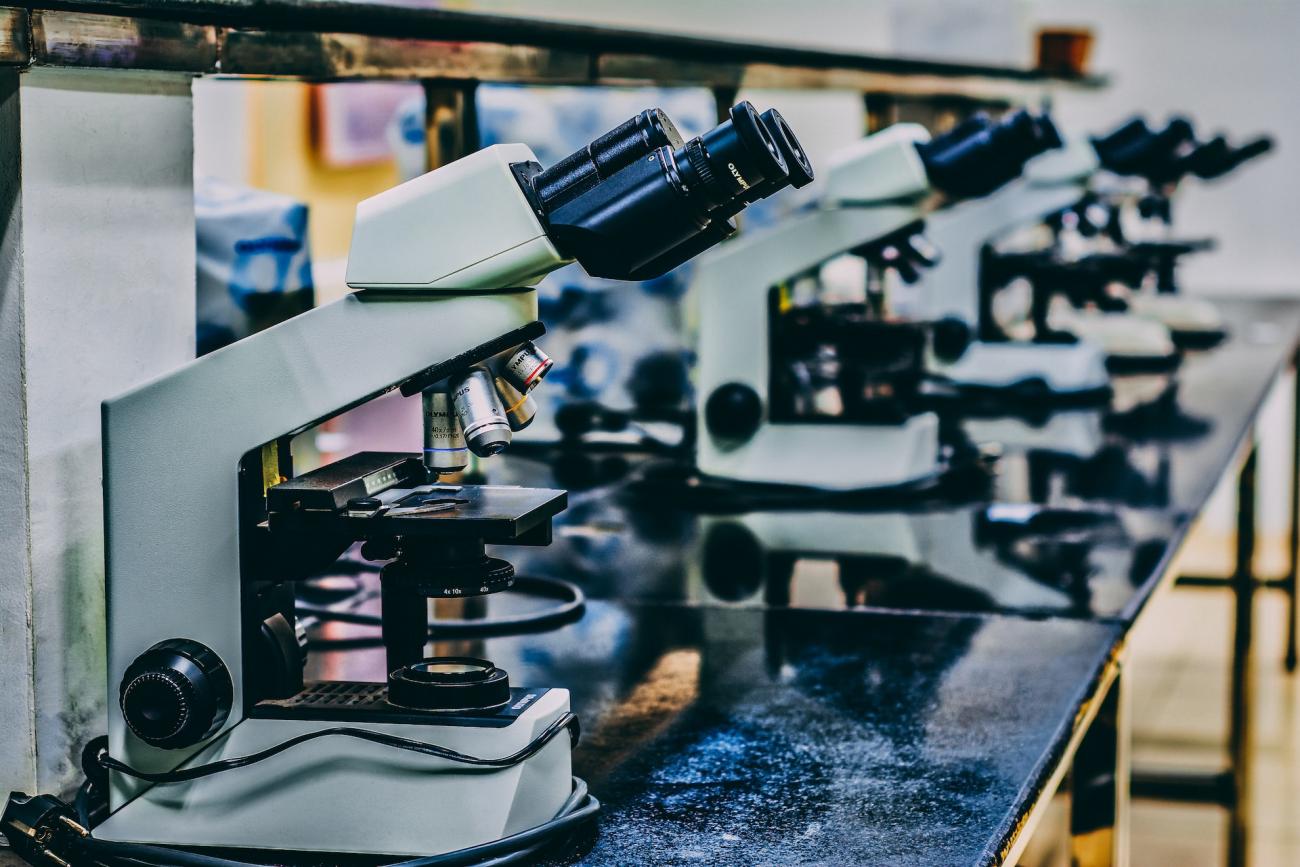22nd August 2025

FCN supports policing, the public and victims of crime by driving research and innovation that leads forensic science into the future.
Below you'll find everything from our areas of research interest, live calls for funding, live projects and the latest research papers, all underpinned by our research and innovation strategy.
Could you work in partnership with FCN and other organisations to solve the most pressing forensic challenges of our time?
We are looking to collaborate with police forces, academic institutions, and private-sector providers to 'understand and solve our challenges'. Collectively we are aligned with the Police Chief Scientific Adviser's office ARIs under Professor Paul Taylor aiming to focus research and innovation to priority challenges to the forensic science community.
By tackling our areas of research interest, we'll strengthen the quality and practise of forensic science across policing and UK criminal investigations and enable impactful and targeted research.
The areas below have been created in collaboration with the forensic community through landscape calls, research groups and stakeholder meetings.
If you have an interest in any of the themes (Behaviour, Technology (AI), Data, Environment, Operational performance) and want to get involved, please get in touch.
Our live feed on active research projects will be here soon.
For now, please visit the research projects map on the College of Policing website, where you can search for the latest forensic studies by region, institution, topic and type. View the map
Tell us what you're working on or what you need help with.